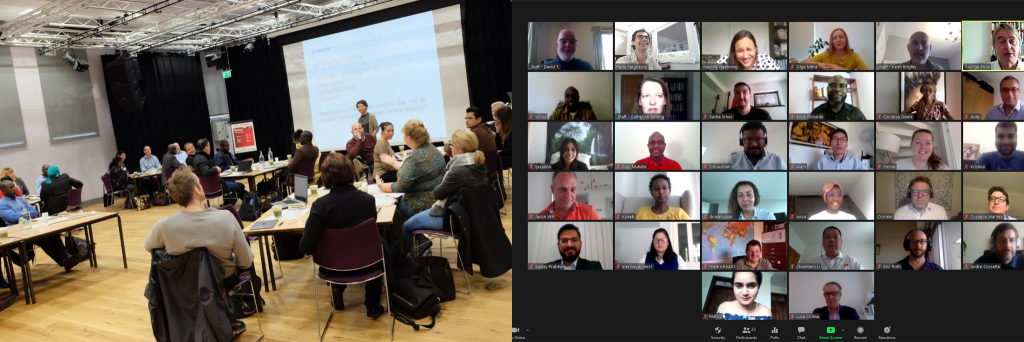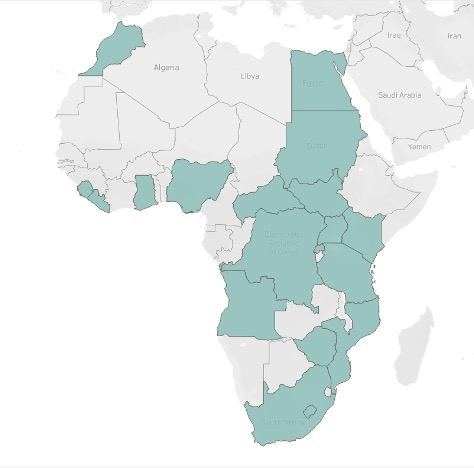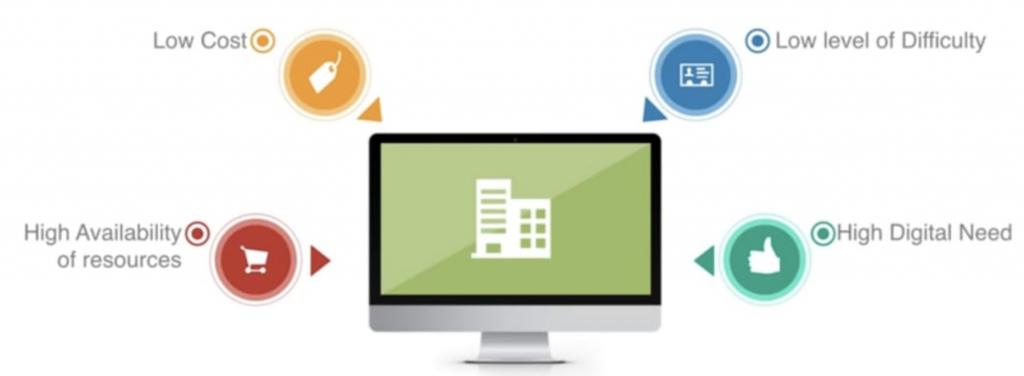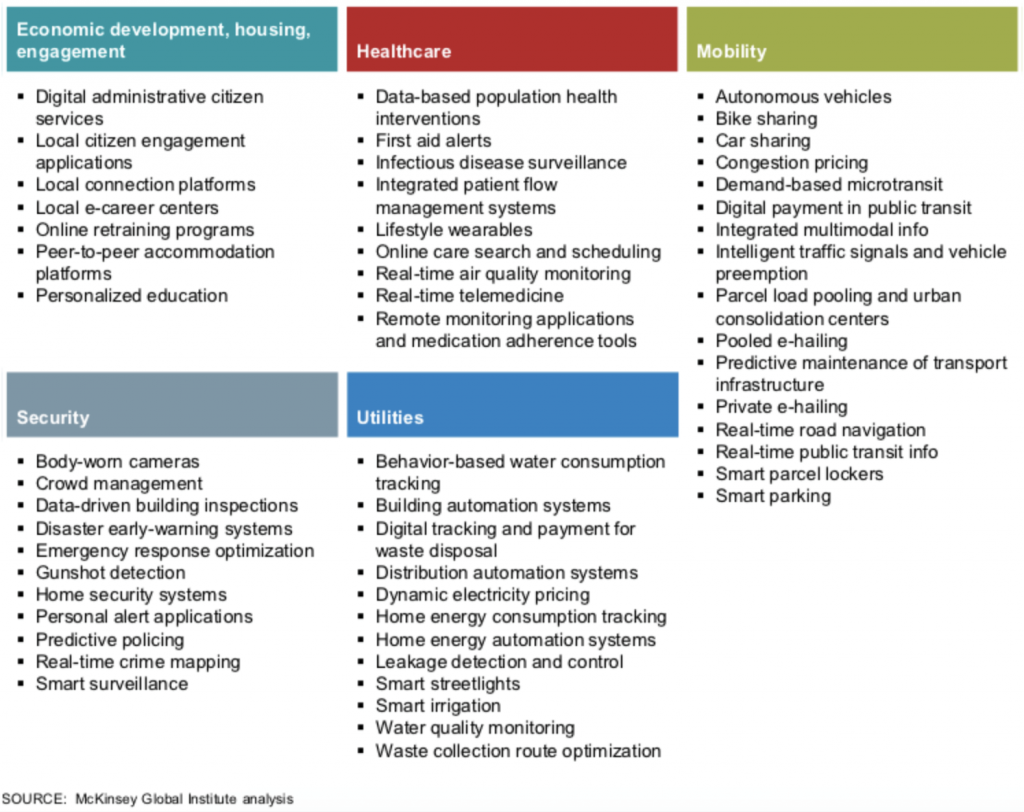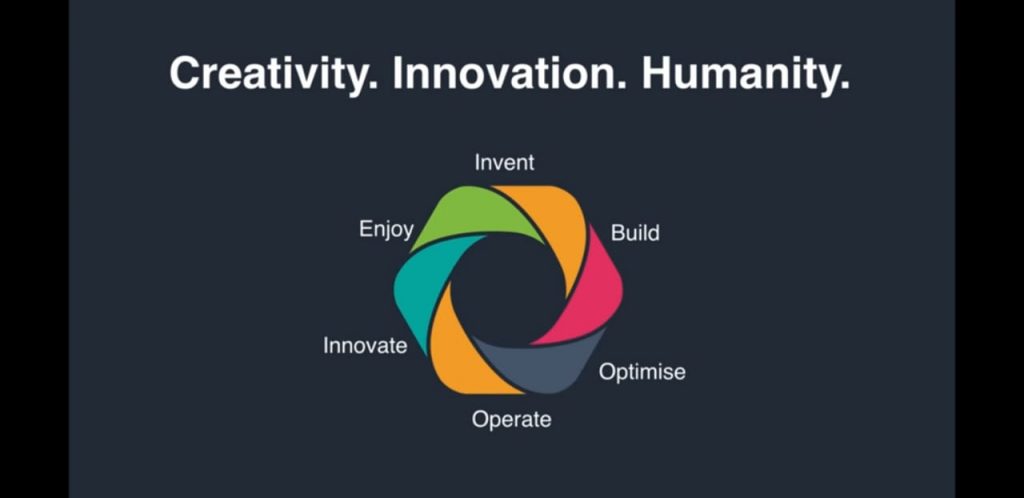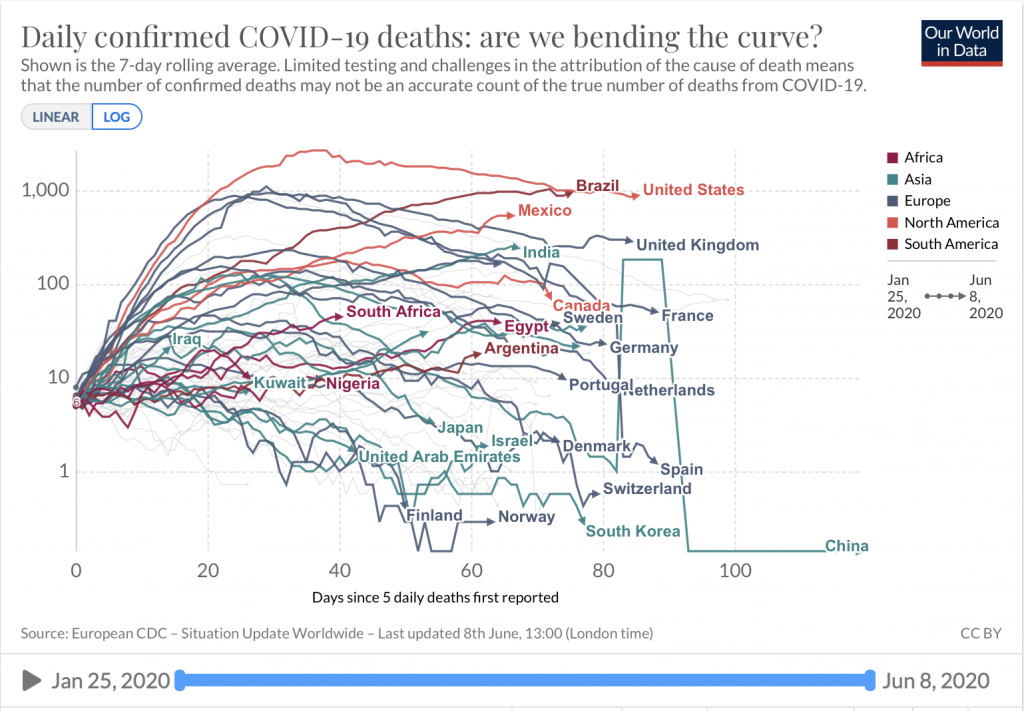Not all of us wanted to work from home. Some of us actually enjoyed getting up in the morning, making breakfast, dropping the kids at school and then driving to work. We enjoyed meeting our co-workers (some of whom might have even been our friends, or better still, our arch nemeses!), socialising over a bad lunch at the cafeteria, meeting friends for drinks (or coffee) after work, and finally, getting back home at the end of the day for a good night’s rest.

On the other hand, some of us have dreamt our entire work life of working from home, waking up late, dropping the kids off at school in our pyjamas, not being stuck in traffic, not having to see the face of that irritating co-worker/boss, and having the time to explore other hobbies and interests.
Whatever your preference, COVID-19 has ensured that we all need to adjust to a new way of working. And for most of us, that way is to work from home.
Even after this pandemic becomes history, the impact of COVID-19 on the way we work and live will continue to remain. How we live today (or at least a version of it), might become the norm. So, understanding the challenges of working from home, and how best to overcome them, is important for us to continue to be as efficient and productive as working from an office.

Challenges
When the day becomes the night and the sky becomes the sea, When the clock strikes heavy and there’s no time for tea.
Cheshire Cat, Alice Through the Looking Glass
COVID-19 has not only forced some of us to work from home but has also made us an island unto ourselves, forcing us all to stay isolated and locked in our homes. Now, man by nature is a social creature and even those of us who worked from home before the pandemic still had the option of going out and socialising to their hearts’ content.
All of this is no longer possible. Social distancing is what needs to be followed by us to truly beat this pandemic. But the result is that every day starts to feel the same, bleeding into each other, there is very little to break the repetitive cycle. In addition, for those of us who were thrust into working from home, the merging of the workspace with the living space proved to be an additional challenge to overcome.

Going to the office provided us with a structure – get to office on time, morning meetings with the team, understand the goals to achieve on the day, check emails, coffee break, work, lunch, work, may be an evening meeting with the team to recap, and then go home. But with this structure removed, as a result of working from home, one of two things might happen:
- lose track of time and goals achieved, overwork yourself and burnout quickly or
- lose focus, get stuck doing busy work and don’t get any real work done
The following are 5 simple steps that you can follow that might help you overcome some of these challenges
- Dedicated workspace: The first thing you need to do is create a dedicated workspace. Remove all distractions from this area and keep everything you will normally need to do your work close to you. Maybe set it up similar to the workspace at your office. If possible, set up the workspace in a room that no one else uses, a room with a door. Closing a door behind you can make a big difference to creating an effective and dedicated workspace.
- Dedicated worktime (schedule): Even those of us that don’t actively keep a schedule or a calendar, inevitably follow a semblance of a schedule when we work from an office. Get to office in the morning, review the tasks that need to be done by the day’s end, monitor the progress of the tasks that need to be completed by the end of the week/month/year, do busy work like checking emails and other non-critical tasks, work on critical tasks, go on breaks (lunch, coffee, etc.), and finally windup for the day. So, a good way to focus is to pretend that you are still working from an office. Create a schedule that is similar to your workday. Start by assigning a time to begin work and a time to end the workday. Determine the tasks that need to be completed by the end of the day/week/month and review where you currently stand and what needs to be done to stay on schedule. Take a break for lunch and coffee, like you would do at office, but do not exceed the break time.
- Set boundaries: This step might be a little emotionally difficult. Getting your family, especially kids and pets, to understand that you are working and not having a day off might be a little difficult in the beginning. But once they understand your schedule and that the workspace is for you to work, over time they will give you space to work.
- Celebrate the accomplishments: Many of you might not have noticed it, but at the office, when you complete a task and it is submitted to your manager for review, or announced in a team meeting (or for sales people, when you reach your target), there is a weight that is lifted from your shoulders. When you work from home, for the most part, you are on your own. There is no one acknowledging your success or failures on a regular basis (at least not as regular as in your office), and there is no relief to that weight on your shoulders. So, figure out ways of doing this yourself. When you have successfully completed a task, realise that you have, and acknowledge this fact! Stand up and dance like nobody’s watching!
- Use the extra time: You are working from home, that means you will have extra time on your hands. On top of that, COVID-19 has enforced self-isolation and social distancing. So, breaking the monotony is important to remaining focused, motivated and sane. Take up something that will challenge you, something that you always wanted to do but never had the time before, something that will push your boundaries. Maybe learn how to cook/bake, workout and get fit (haha), do online programmes and learn new things, may be get that degree you have always wanted.
If you have been thinking about doing a master’s degree, to challenge yourself and keep motivated, while at the same time being better qualified and prepared for the challenges to come, have a look at our list of programmes and see if we have anything that could help.

You can also chat LIVE on WhatsApp with one of our Education Advisors for more information on the programme that is right for you, the application process, and for information on discounts we might be offering at this time.

















